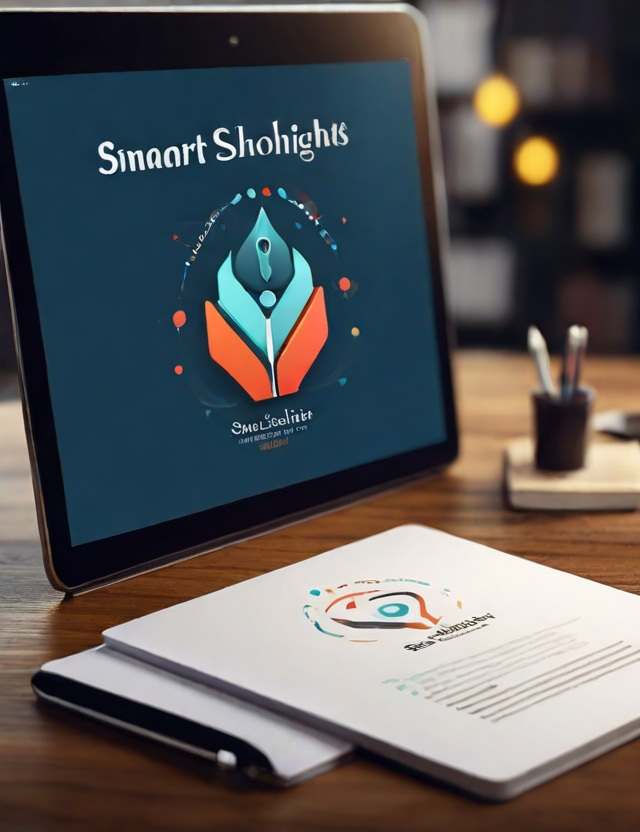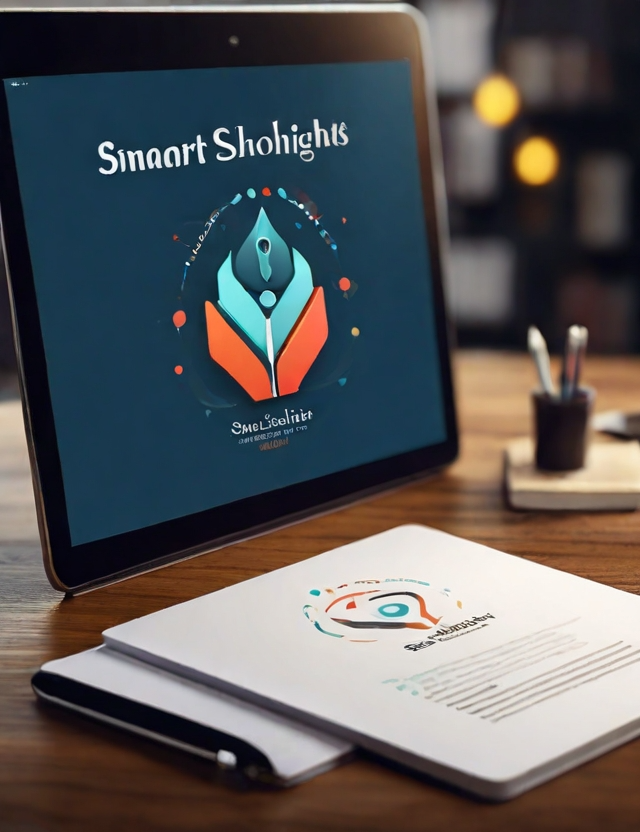The Blueprint for Academic Triumph: Unveiling Effective Study Techniques
Introduction:
In the realm of academia, the pursuit of knowledge is not merely about memorizing facts but about understanding concepts and applying them effectively. To navigate through the complexities of academic coursework and assessments, students must employ effective study techniques that optimize their learning and retention. This essay aims to elucidate the significance of effective study techniques and explore a variety of strategies that can empower students to achieve academic success.
Active Learning and Engagement:
Effective studying begins with active engagement with the material. Active learning involves dynamic interactions with the content, such as summarization, questioning, and problem-solving. By actively participating in the learning process, students deepen their understanding and develop critical thinking skills essential for academic excellence.
Spaced Repetition:
A cornerstone of effective study techniques is spaced repetition, which capitalizes on the spacing effect to enhance memory retention. By spacing out study sessions over increasing intervals of time, students reinforce their understanding of key concepts and prevent forgetting. This technique is particularly valuable for long-term retention and mastery of complex subjects.
Retrieval Practice:
Additionally, retrieval practice is a powerful strategy for strengthening learning outcomes. Retrieval practice involves actively recalling information from memory through methods such as self-quizzing, flashcards, or practice tests. By engaging in retrieval practice, students reinforce memory retrieval pathways, making it easier to recall information when needed. Furthermore, retrieval practice enhances metacognitive awareness, enabling students to monitor their learning progress and identify areas requiring further review.
Effective Note-Taking:
Effective note-taking is another essential study technique that facilitates comprehension and retention of information. Whether through handwritten notes or digital platforms, organized note-taking encourages active engagement with the material and serves as a valuable reference during revision. Techniques such as the Cornell method or mind mapping promote deeper understanding and retention of key concepts.
Creating an Optimal Study Environment:
Moreover, creating an optimal study environment is crucial for maximizing learning outcomes. Minimizing distractions, establishing a dedicated study space, and adhering to a structured study schedule foster concentration and productivity. Incorporating breaks, maintaining physical well-being, and practicing stress management techniques are equally important for sustaining focus and cognitive function during study sessions.
Conclusion:
In conclusion, effective study techniques are indispensable for academic success. By embracing active learning, incorporating spaced repetition and retrieval practice, taking organized notes, and cultivating a conducive study environment, students can enhance their comprehension, retention, and application of knowledge. Furthermore, fostering a growth mindset and persevering through challenges are essential for realizing one's full academic potential. Through consistent practice and the deliberate application of effective study techniques, students can embark on a journey of intellectual growth and achievement.



Comments
Post a Comment